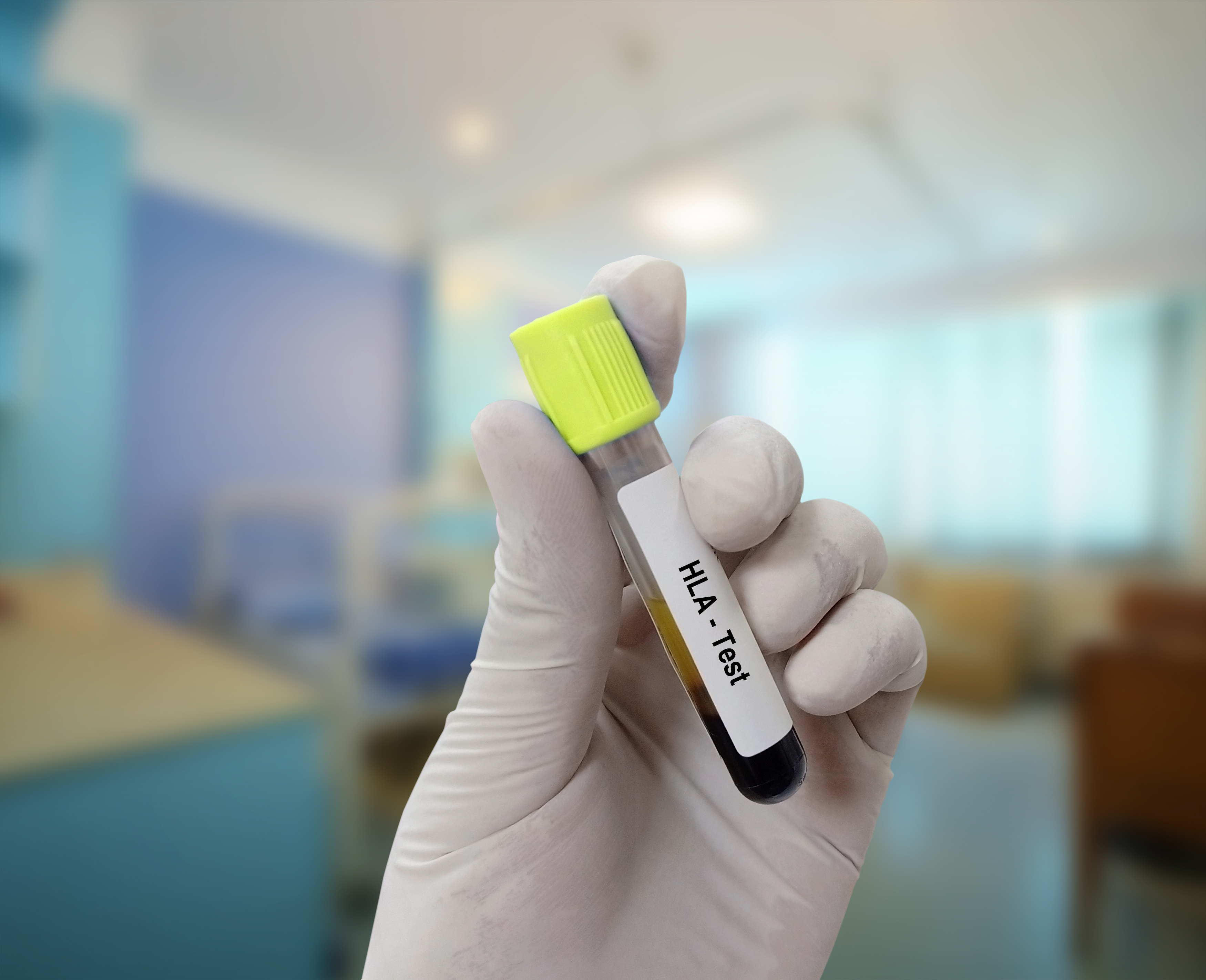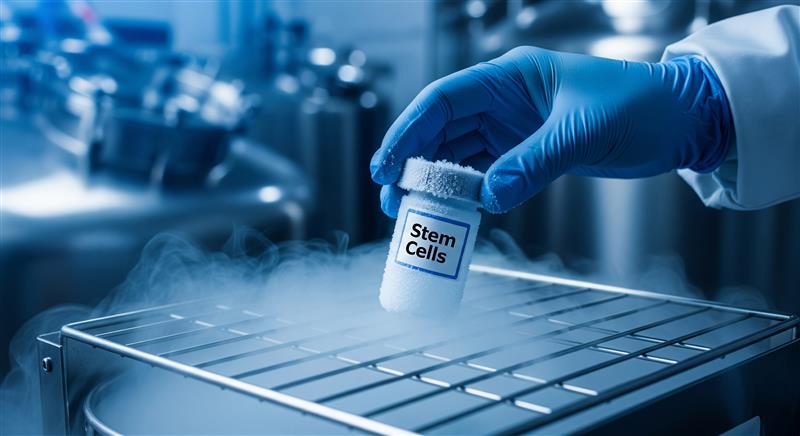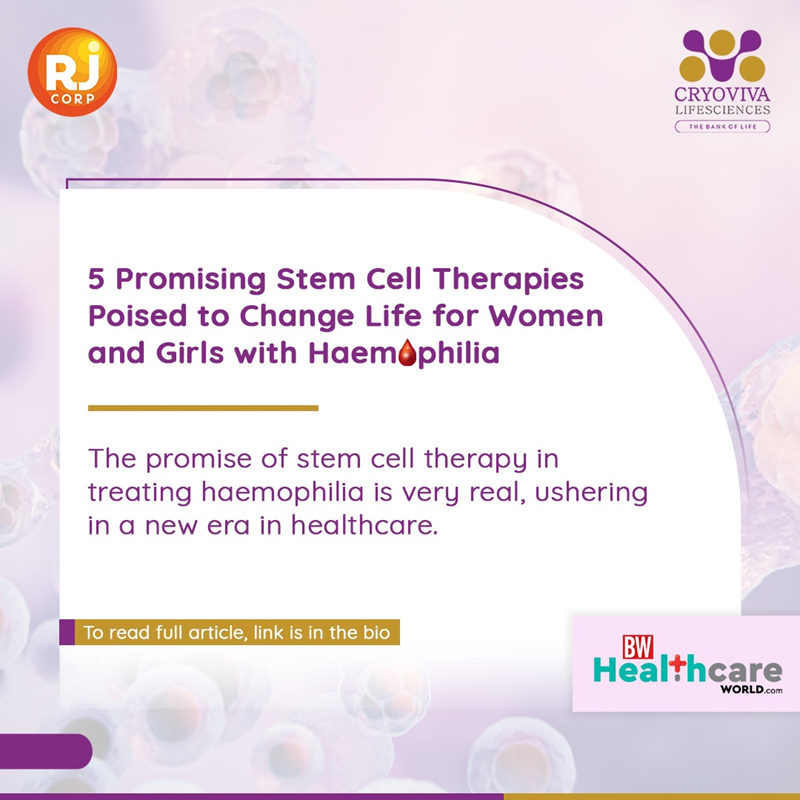How Does Mesenchymal Stem Cell Therapy Work?

Mesenchymal stem cell (MSC) therapy is a revolutionary approach that harnesses the remarkable properties of mesenchymal stem cells to treat various diseases. Recently, this therapy has garnered significant attention for its potential in regenerative medicine, tissue remodeling, and immune system modification.
In this blog, we’ll explore what MSCs are, their applications, and how Mesenchymal Stem Cell Therapy works.
What Are Mesenchymal Stem Cells (MSC)?
Mesenchymal stem cells are adult stem cells derived from several tissues, such as bone marrow, adipose tissue, and umbilical cord tissue. These cells can differentiate into many cell forms, including osteoblasts (bone cells), chondrocytes (cartilage cells), and adipocytes (fat cells). These unique cells can self-renew and differentiate into various lineages, making them invaluable in stem cell therapy.
The term “mesenchymal” is derived from the cell's origin from the embryonic mesoderm germ layer. This is one of the three layers formed during the development of the embryo. This flexibility allows MSCs to adapt and integrate into various cell types, enhancing their therapeutic potential.
How MSC Therapy Works?
Mesenchymal stem cell therapy is normally carried out by obtaining mesenchymal stem cells either from the patient’s own body or some other source. These cells are then cultured in a lab, and then implanted back in the body. The process of MSC therapy can be broken down into several key steps:
- Isolation and Expansion
The procedure of MSC therapy begins with the harvesting of mesenchymal stem cells from a tissue sample. Common sources include bone marrow-derived MSCs, MSCs derived from adipose tissue, and MSCs derived from umbilical cord tissue. These cells, once extracted, are cultured in a controlled laboratory environment to multiply.
- Differentiation Potential
One of the most distinct characteristics of MSCs is their ability to differentiate into specialized cell types. These cells can be made to develop into such types by being treated with certain chemicals or hormones like growth factors. For instance, MSCs may be differentiated into osteoblasts for bone tissue repair and chondrocytes for cartilage tissue repair.
- Immunomodulation
Apart from their differentiation potentials, MSCs are endowed with strong immunoregulation properties. Relative to these effects, they can alter the activities of the immune system by decreasing inflammation and lowering responses of the immune system to foreign substances. This ability is crucial in managing autoimmune diseases, graft-versus-host disease, and transplant rejection, as it helps balance the immune response.
- Tissue Repair and Regeneration
The primary function of MSCs involves enhancing tissue repair and regeneration responses. It secretes many growth factors and cytokines that attract other cells to the site of injury and is also involved in the formation of blood vessels necessary for healing.
Applications of MSC Therapy
Mesenchymal stem cell therapy is being studied for a wide range of medical conditions, including but not limited to:
- Autoimmune Diseases
MSCs are effective for the treatment of autoimmune diseases such as multiple sclerosis and rheumatoid arthritis. Under appropriate control of the immune response, MSCs can prevent further inflammation and damage to tissues.
- Orthopedic Conditions
MSCs are popular for their use in the treatment of numerous orthopedic disorders, including osteoarthritis and bone fractures. Because of their capability to transform into bone and cartilage cells, MSCs are suited to enhancing tissue healing in these conditions.
- Neurological Disorders
Research is ongoing into the use of MSC therapy for neurological disorders, including Parkinson’s disease and spinal cord injuries, with the hope of restoring function and promoting recovery.
- Cardiovascular Diseases
The use of MSCs in treating patients with myocardial infarction (heart attack) has exhibited the possibility of fixing the damaged heart tissue. As a result, MSCs contribute to the differentiation into cardiomyocytes (heart muscle cells) and stimulation of new blood vessel development.
Wrapping Up,
MSC isolation and expansion from different sources could be difficult, and the quality of the cells can be affected by the culture conditions. Additionally, there are ongoing discussions about the efficacy and safety of MSC therapy, necessitating further research to understand its scope and limitations fully.
Despite these challenges, the potential of MSC therapy is clear. From the perspective of regenerative medicine, MSCs have more functional uses, such as tissue engineering and modulation of immunity. They are expected to play a significant role in the future of medical treatments.
As a leading stem cell bank in India, Cryoviva understands the potential of MSCs. By banking and storing MSCs derived from umbilical cord blood and tissue, Cryoviva aims to provide patients with access to this life-changing treatment.






 Enquiry
Enquiry
 Email
Email Phone
Phone
 Whatsapp
Whatsapp